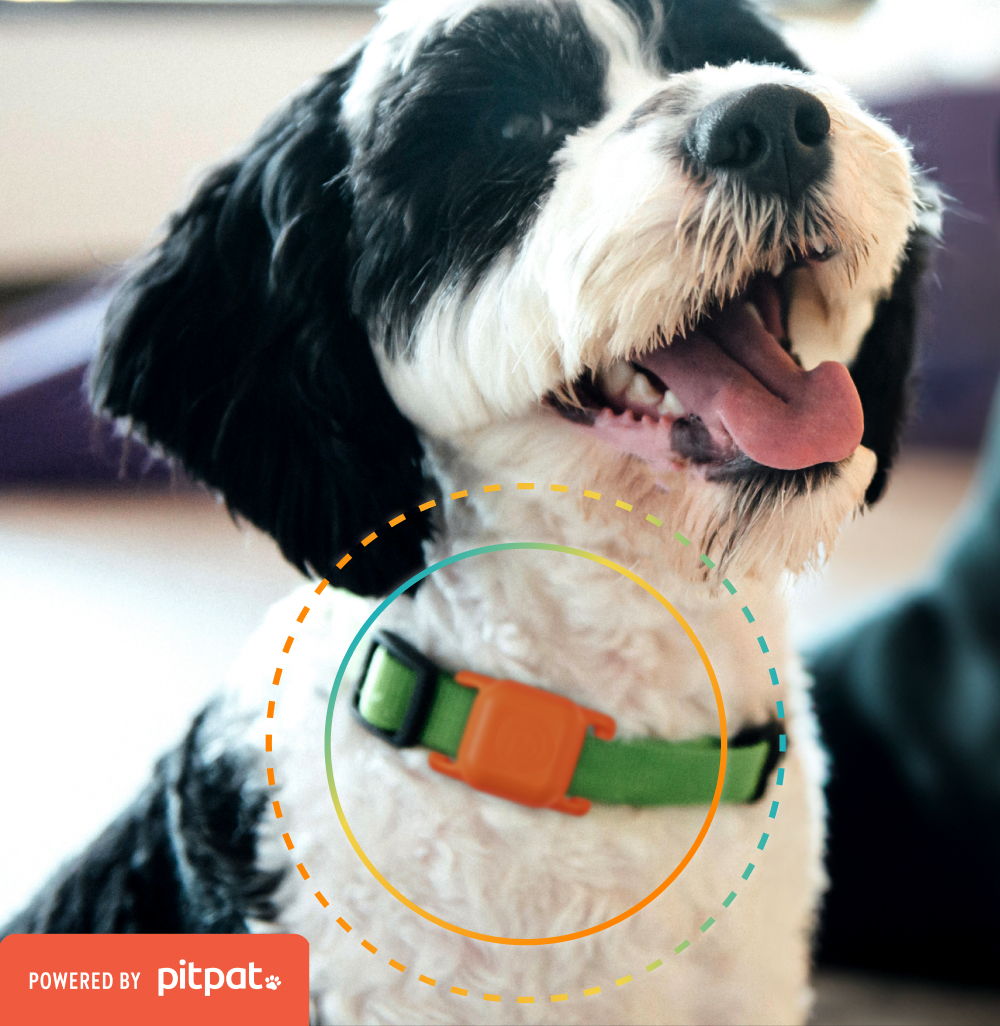What are the developmental stages for a puppy?
The developmental stages puppies undergo have a direct impact on their behavior in your house. Knowing these stages will give you the tools needed to understand why your puppy is behaving a certain way and how to respond.
Canine Socialization 3 to 7 weeks
A puppy practices body postures and vocalizations and learns its effect on littermates. Learns to accept discipline from his mother and moderate the strength of his mouth.
Why is this stage important? If your puppy was either hand raised or removed from his mother or littermates early, it may mean that he will be lacking some basic canine communication skills and might bite harder than other puppies when playing. Make sure he is socialized with other puppies and dogs from a young age.
Human Socialization 7 to 12 weeks
Best time to bring a new puppy home! Best time to introduce pup to new things in the environment.
Why is this stage important? The most rapid learning in a dog’s life occurs during this time period. Make sure your puppy is exposed to a variety of people and environments. All introductions should be positive and stress-free for the puppy.
First Fear Impact 8 to 14 weeks
Any traumatic or stressful experience at this time will have a more lasting effect on the puppy than if the event happened at any other stage. Life long fears and insecurities can be developed in reaction to a negative event.
Why is this stage important? Carefully monitor your puppy for stress or fear. Set your puppy up for success by making sure all new interactions are positive and fun. Some pet parents introduce their puppy to everyone and everything at once and accidentally force him to interact with people or dogs he doesn’t want to meet. This increases fear over time. Let the puppy go at his own pace when meeting new people or dogs.
Flight Instinct 4 to 8 months
Puppy starts to test boundaries and seems to forget everything he once knew. This stage can last from days to weeks and occur at any time during the 4-8 months.
Why is this stage important? A sweet puppy will overnight become difficult to manage. He will ignore commands and direction. He may get assertive with other pets in the home or even the pet parent. The puppy isn’t trying to be dominant or bad, he is simply trying to figure out his place in the world. Positive reinforcement and consistent rules are crucial in order to maintain control.
Second Fear Impact 6 to 14 months
Puppy suddenly becomes fearful of new situations or even things that are well known to him. This fear often corresponds with hormone changes or growth spurts. There could also be an increase in reactivity and guarding behavior.
Why is this stage important? The puppy should never be forced into any situation since it will only exacerbate the fear. Forcing the puppy to “confront his fears” could also make the puppy distrust the pet parent. Instead, use positive reinforcement for all brave behaviors. To help prevent reactivity or guarding, instill strict guidelines that the whole family follows such as having the puppy sit before being pet.



